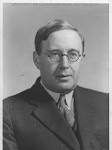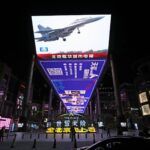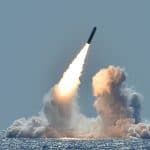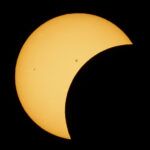A view from the height of the Vietnam War: Scientists and youth in revolt
By Eugene Rabinowitch | July 6, 2023
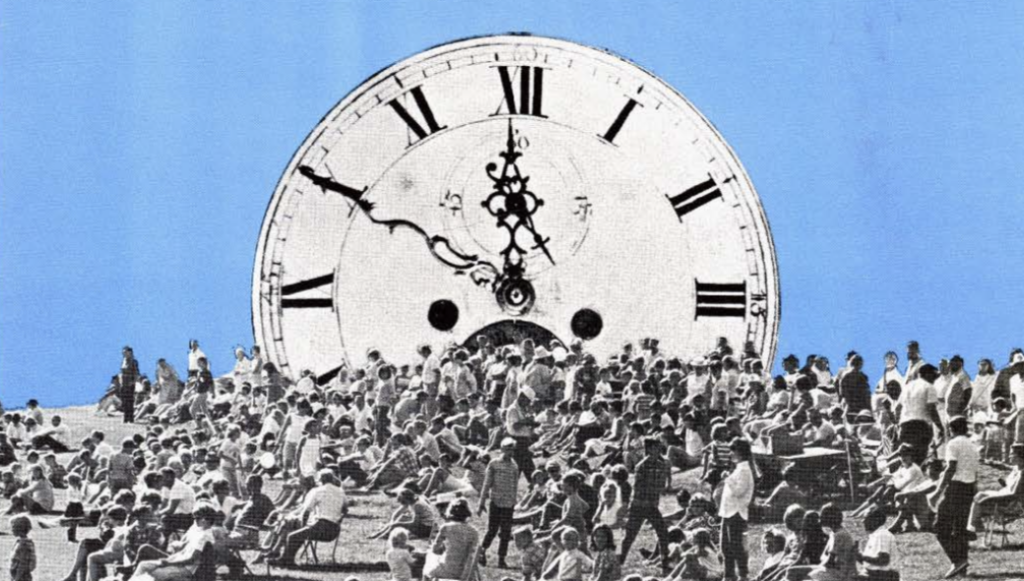 A section of the April 1969 issue of the Bulletin of the Atomic Scientists' magazine. This issue was published at the height of the Vietnam war and commented on nuclear activism, the impacts of nuclear tests, agricultural development in Africa, and how science is actually a form of art.
A section of the April 1969 issue of the Bulletin of the Atomic Scientists' magazine. This issue was published at the height of the Vietnam war and commented on nuclear activism, the impacts of nuclear tests, agricultural development in Africa, and how science is actually a form of art.
This article was published at the height of the Vietnam War in an issue of the Bulletin’s premium magazine. Written by Eugene Rabinowitch, a Russian-born American biophysicist and co-founder of the Bulletin, this story follows a gathering of scientists at MIT that joined together to express concern about the government misusing science.
This article appears here as part of our 2023 summer archive dive, which resurfaces a timeless Bulletin article each week.
______________________
On March 4, following an appeal by 46 members of the faculty of the Massachusetts Institute of Technology, a large number of research scientists at this school—one of the most prestigious academic research institutions in the country—left their laboratories to participate in a discussion of burning problems of science and public affairs. The debate included addresses by two Nobel prize winners Bans Bethe of Cornell University (physics) and George Wald of Harvard (biology). This gathering, paralleled by similar ones at several other academic institutions, was intended to express the concern of the scientific community with the misuse of science by the government for the prosecution of war and escalation of the arms race, and the failure to make full use of its beneficent, constructive possibilities. Scientists all over the world are alarmed by the inability of society to answer the challenges of the scientific age.
The appeal of MIT scientists singled out, as two prime reasons for their discontent, the continuing war in Vietnam and the planned deployment of anti-ballistic missiles (ABMs). However, the distress of scientists has much broader reasons and much wider implications.
The Vietnam War may be but an extension of traditional power politics into the era when America has become a foremost world power. The deployment of ABMs may be but a logical continuation of the race for military supremacy which has dominated world politics for several centuries. Like other citizens, scientists may disagree as to whether, in the context of these accustomed policies, the decisions leading to the Vietnam confrontation and to the ABM race were right or wrong, wise or otherwise. More fundamental is the fact that few scientists will dispute that the challenges of the scientific revolution cannot be answered adequately by any decisions not transcending the traditional framework of international relations …
To continue reading this article, visit our online archive here.
Subscribe to the Bulletin’s premium magazine to access over 75 years of authoritative reporting on existential threats.
Together, we make the world safer.
The Bulletin elevates expert voices above the noise. But as an independent nonprofit organization, our operations depend on the support of readers like you. Help us continue to deliver quality journalism that holds leaders accountable. Your support of our work at any level is important. In return, we promise our coverage will be understandable, influential, vigilant, solution-oriented, and fair-minded. Together we can make a difference.
Keywords: Vietnam War, activism, history, nuclear risk
Topics: Analysis
